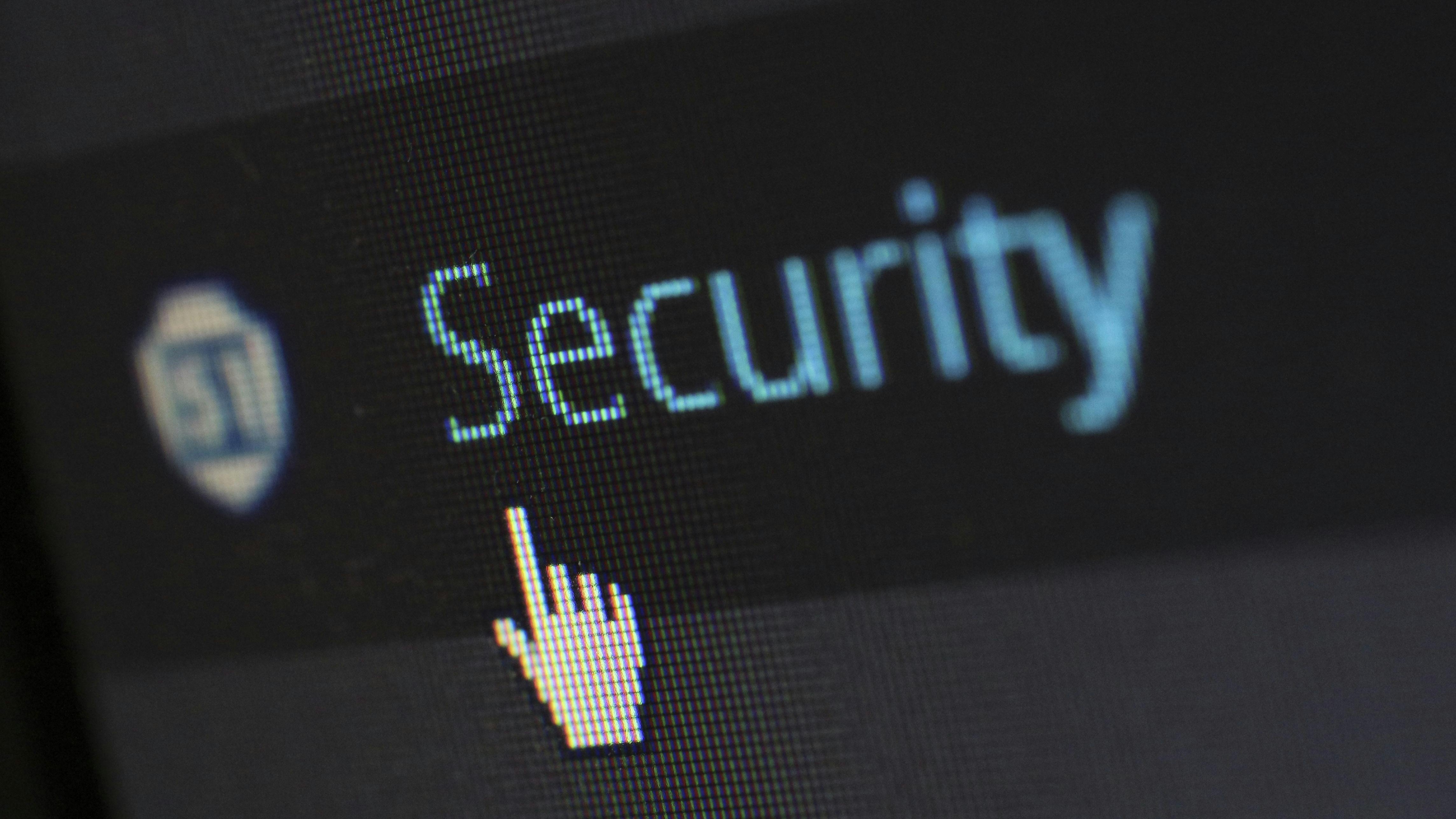
New Details Emerge on Hacking Case Involving Former Michigan Coach
A significant hacking scandal involving a former NFL and University of Michigan football coach has surfaced, with shocking allegations that he attempted to breach over 150,000 student accounts nationwide. Matt Wise is accused of hunting specifically for intimate images from female college athletes, marking a disturbing violation of privacy and trust.
In 'Law firm identifies U of A students as potential victims of former Michigan coach's hacking,' the discussion dives into the disturbing implications of a vast hacking scandal, prompting us to explore its broader consequences and varying perspectives.
Links to Local Victims in Arkansas
Among those allegedly targeted are students from the University of Arkansas, including two former athletes represented as Jane Does. These individuals received a notice from the Department of Justice informing them they had potentially been victimized by Wise's invasive actions. Many who received these alerts initially dismissed them as scams, largely due to a lack of communication from their university.
Universities Failed to Inform Students Properly
Megan Bonani, a lawyer for some victims, emphasized that multiple institutions, including the University of Arkansas, neglected to adequately notify their student bodies. "These schools failed to issue alerts, leaving many students unaware that they might have been affected," Bonani stated. This lack of transparency has raised questions about the responsibilities of educational institutions in safeguarding student data.
Legal Proceedings Underway
With charges against Wise including unauthorized computer access and identity theft, his jury trial is set for November 4th. The unfolding litigation indicates this situation may touch many more lives. The complexity of the case underscores not only legal but also ethical considerations regarding digital privacy rights on campuses.
What's Next for Victims and Universities?
As investigations progress, the focus will shift towards how universities are protecting student information in the digital age. It's crucial for institutions to enact protocols that ensure student safety, offering clear communication in digits as well as in-person alerts about potential threats. This case may prompt a wider discussion about regulations governing data privacy and security in educational environments.
 Add Row
Add Row  Add Element
Add Element 


 Add Row
Add Row  Add
Add 


Write A Comment